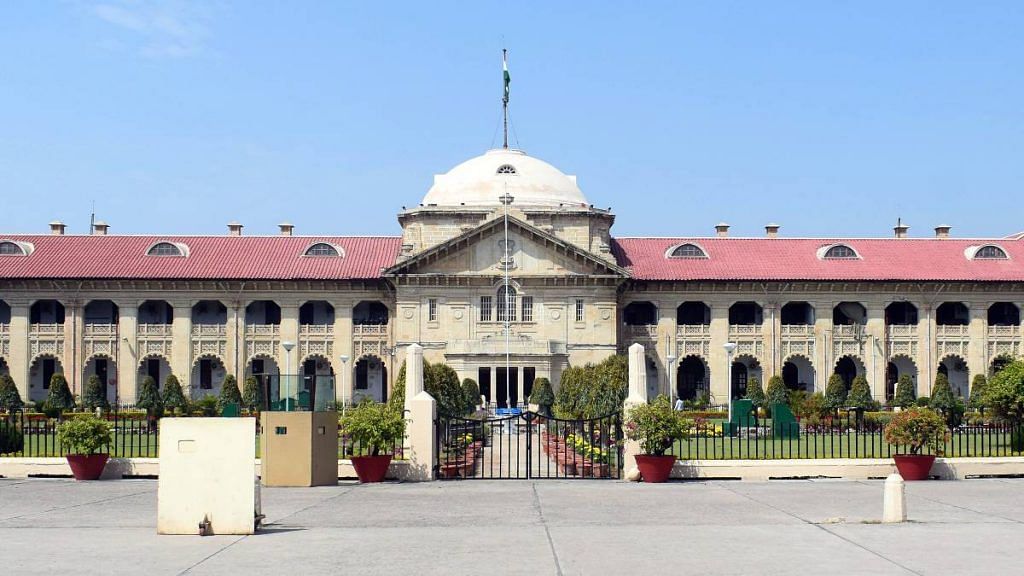New Delhi: There will be no scientific survey of Varanasi’s Gyanvapi Mosque by the Archaeological Survey of India (ASI) till the Allahabad High Court reaches a decision on the issue.
The bench of Chief Justice Pritinker Diwaker was hearing the mosque committee’s challenge to the Varanasi district court’s order on 21 July for an ASI survey.
The Supreme Court on Monday had put a stay on the survey till 26 July and asked the mosque committee to approach the Allahabad High Court. “Interim order by the apex court to continue,” the high court bench observed Wednesday as it rose for the day.
The bench also asked ASI officials to be present in court at 3.30 pm on Thursday.
On 21 July, Varanasi District Judge A.K. Vishvesh directed the ASI to conduct a detailed scientific survey — including excavations, wherever necessary — to determine if the mosque, which is adjacent to the Kashi Vishwanath Temple, was built at a place where a temple existed earlier.
During arguments Wednesday, the Gyanvapi mosque management committee — Anjuman Intezamia Masjid – contended before the high court that the premises would be destroyed in the survey.
The bench too expressed “strong doubts” about the ASI’s methodology and was not convinced when their lawyer said the ground-penetrating radar (GPR) method would be used which would not damage the structure.
The ASI told the court that a team from IIT Kanpur would be called for a radar and GPR survey.
After this submission, the court orally remarked that it could always stop the state or the ASI if it felt that anything could go wrong.
The survey was sought by a group of Hindu women, who are party to an original suit filed in 2021 seeking year-round access to worship deities inside the mosque premises.
A lower court then ordered a video survey of the complex which found a structure in the ablution pond or the “wazoo khana”. The Hindu side claimed it was a Shivling while the Muslim side said it was part of a fountain.
This area was subsequently sealed by the Supreme Court — given the sensitivity of the matter — and would not have been part of the ASI survey.
Also read: Gyanvapi suit: Why Varanasi court ruled in favour of Hindu petitioners, found plea ‘maintainable’
